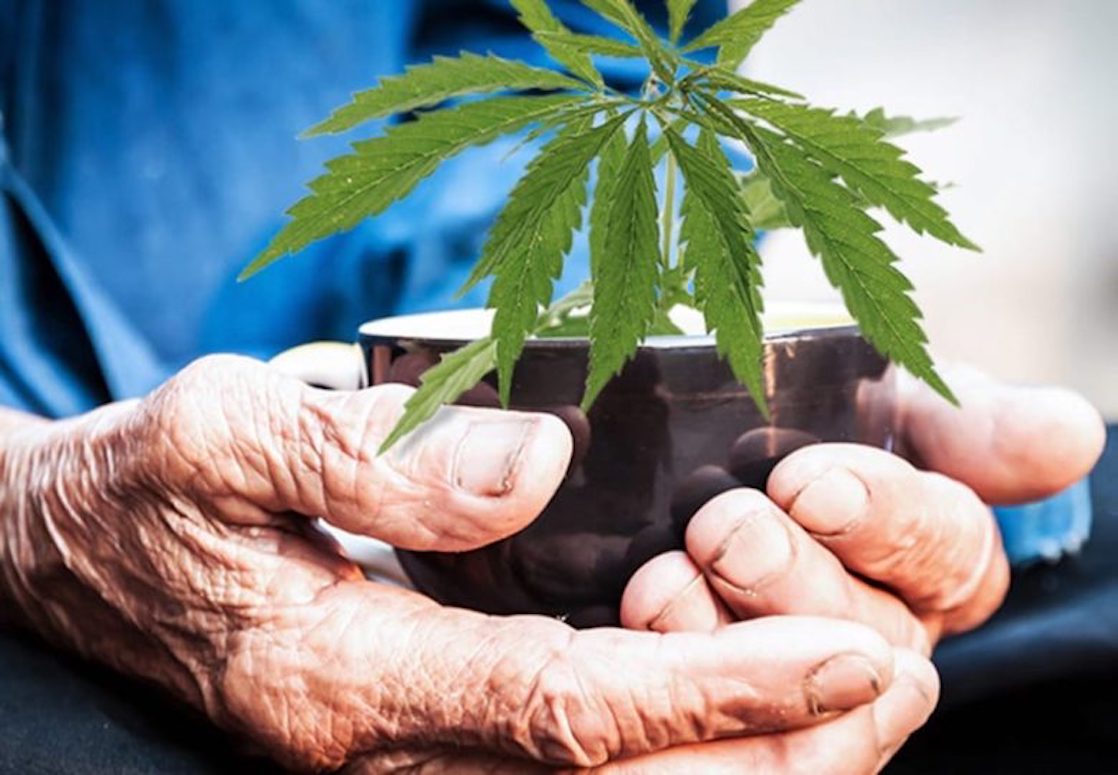The family of a Holocaust survivor is funding a new study that will look into cannabis therapy for dementia and Alzheimer’s.
When Alex Spier was 14-years-old, he fought against the Nazis as part of the Dutch Resistance. After Nazis captured him, they placed him in three concentration camps over a period of three years. He stayed alive by repairing the guards’ watches, but rigged each repair so the watches would malfunction after a few months, which kept Nazis from sending Spier to his death.
In 2017, Spier was diagnosed with Alzheimer’s disease, a neurodegenerative condition that wreaks havoc on an individual’s memories. Every Alzheimer patient exhibits memory loss differently. In Spier’s case, however, he’s become “trapped” in his old Holocaust trauma as his more recent memories fade away.
“It was just horrible to see those sort of memories that had been suppressed his entire life coming back to him,” Spier’s son, Greg Spier, told Boston’s WGBH News.
After the war, Spier emigrated to the US and settled in New Bedford, Massachusetts. He put his watch-making skills to good use by opening a jewelry store. Later, he opened a successful real estate company and donated much of his money to charitable causes.
“It was a life well lived,” Greg said to WGBH News. “It just didn’t end well.”
Currently, no FDA-approved medications exist for treating dementia symptoms. All prescribed drugs are off-label, meaning they could help, but regulators haven’t specifically investigated the drugs for dementia.
Unsatisfied with the current state of dementia treatment, Spier’s family used their wealth to create the Spier Family Foundation. The organization’s first project includes funding a cannabis study at McLean Hospital for dementia patients like Spiers, so other families won’t have to endure the psychological and emotional pain of watching a loved one slip away.
Research into cannabis as a dementia drug remains slim, but some studies suggest it could help with behavioral symptoms. Other studies show certain components of the marijuana plant may prevent Alzheimer’s altogether.
Furthermore, any medical cannabis research in the US runs up against federal prohibition, which considers the plant a dangerously addictive drug with no accepted medical use. These restrictions make it difficult for researchers to get government funding for weed research projects, but there are no restrictions on private funds.
The Spiers’ home state of Massachusetts was the first US state to outlaw cannabis nearly a century ago. In 2012, the state approved medical marijuana, and in 2016 voters cleared the way for the plant’s recreational use, sale, possession, and cultivation.
Follow Randy Robinson on Twitter











